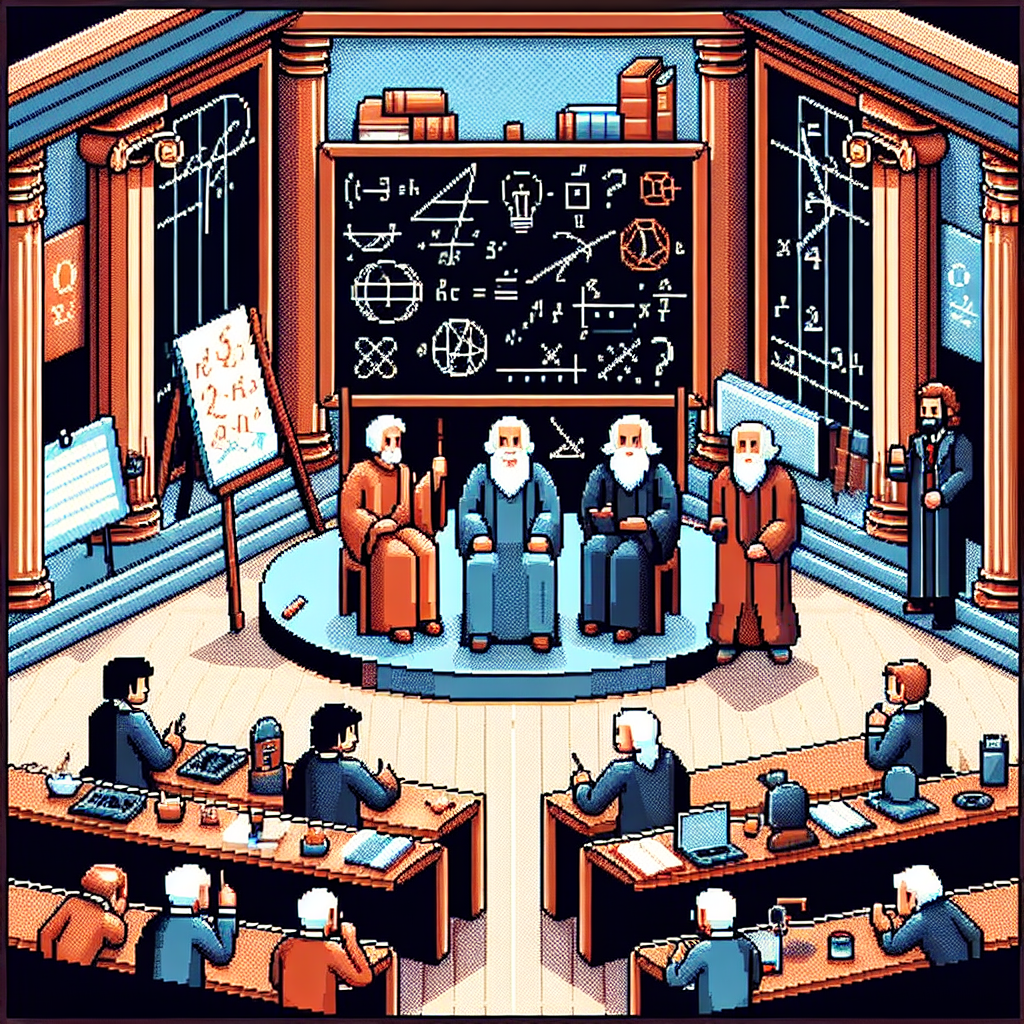Hasty Generalization: “He’s always early; he’s trying to impress the boss.”
### The Role of Assumptions in the Workplace In 2021, a comment made by a coworker put a spotlight on a common workplace phenomenon: the tendency to make assumptions about others. The comment noted a colleague’s punctuality, suggesting that his habit of arriving early was an attempt to impress the boss. While such assumptions may […]
Hasty Generalization: “He’s always early; he’s trying to impress the boss.” Read More »









